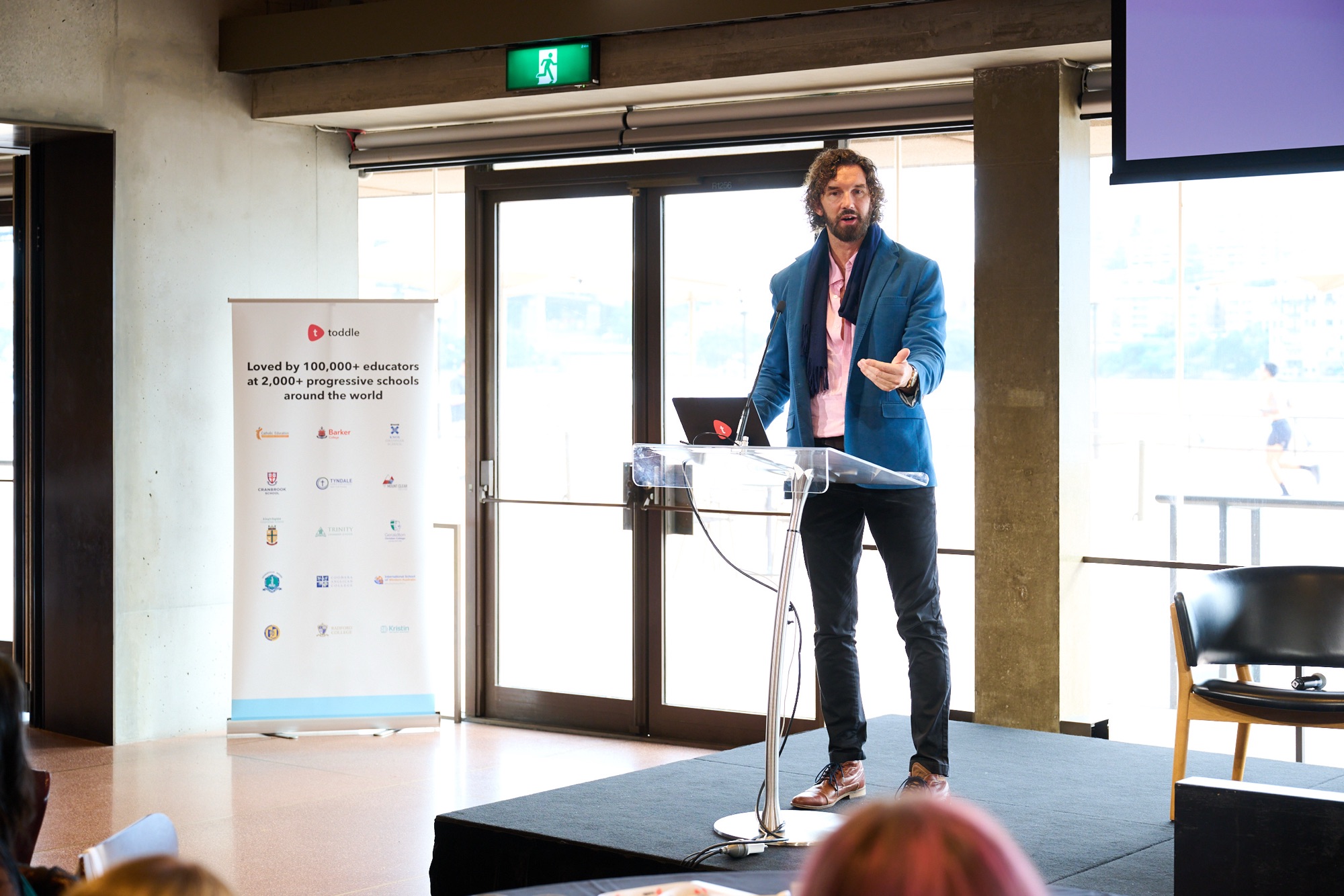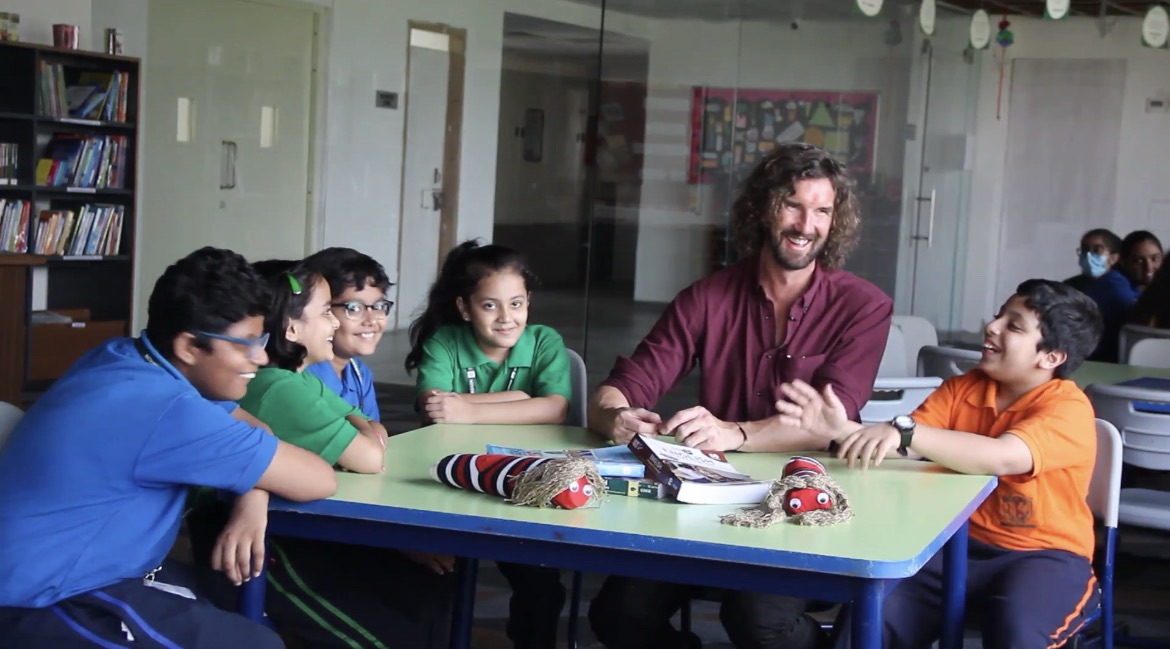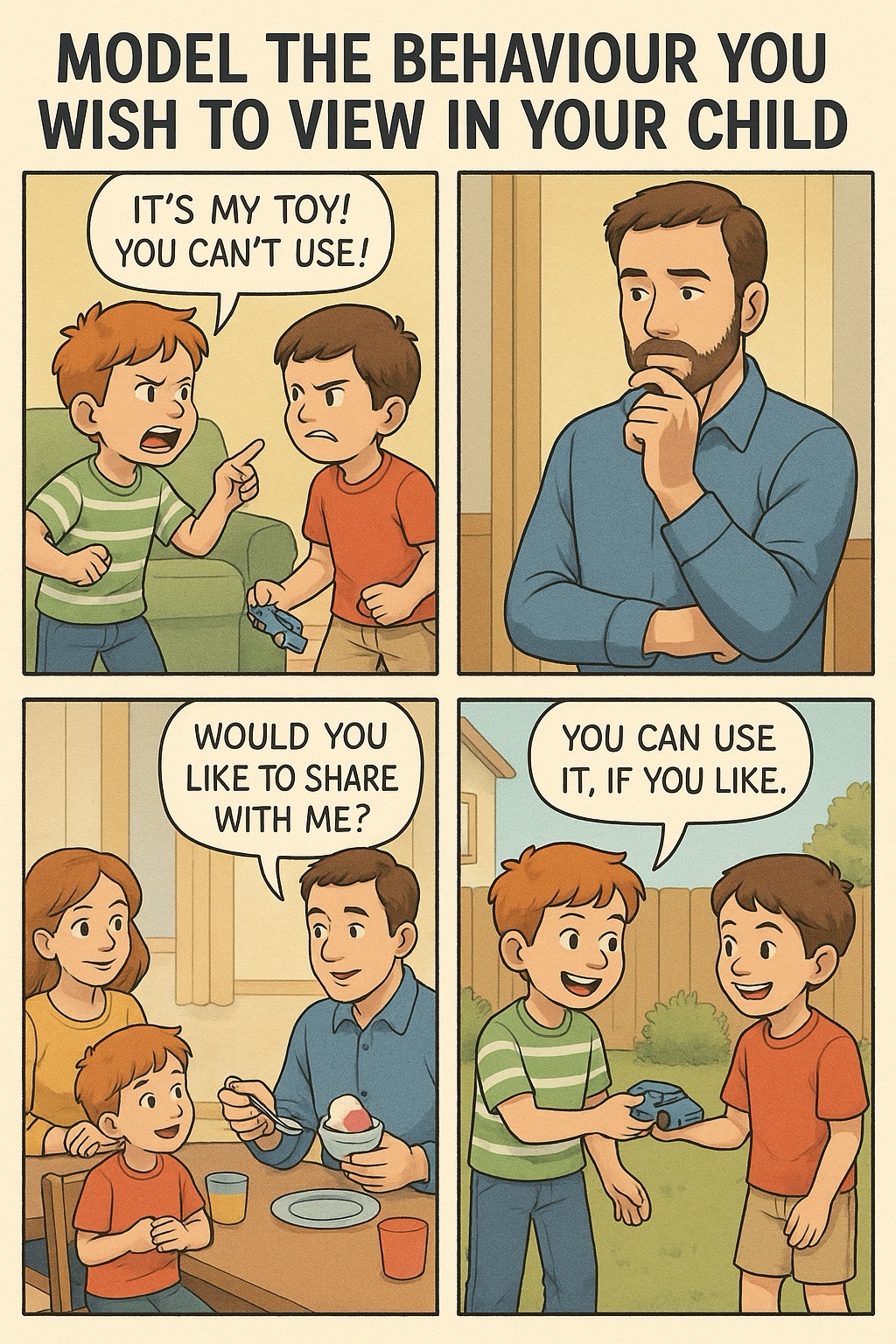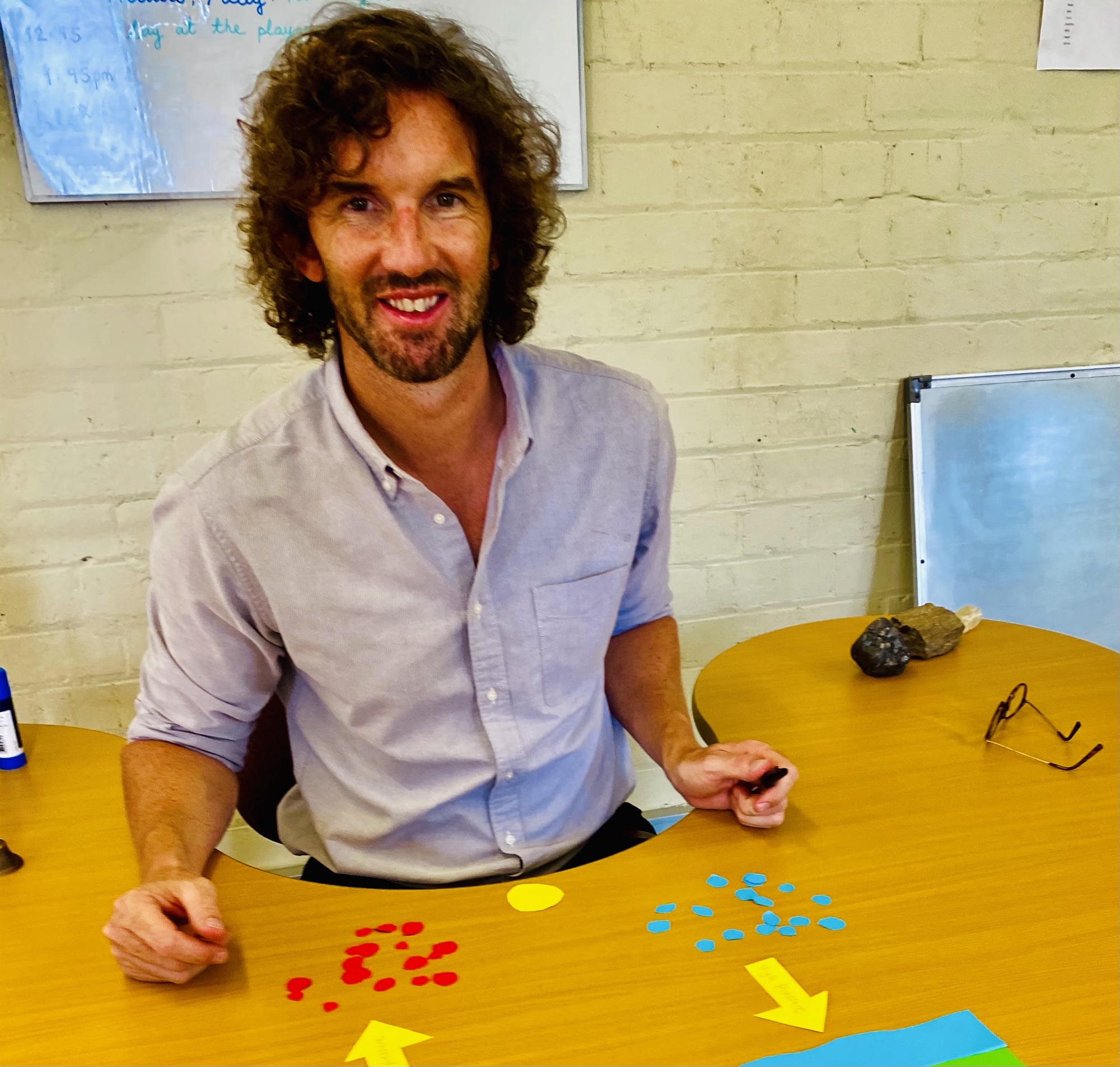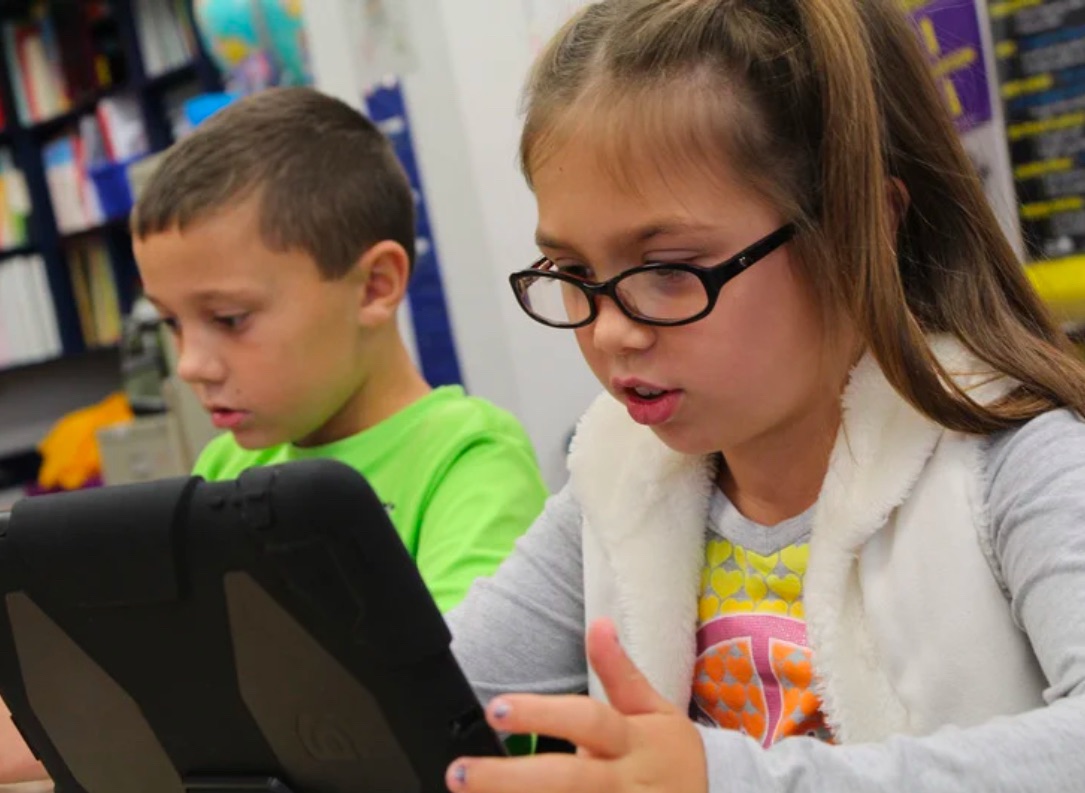As we stand on the cusp of a future shaped by rapid technological advancements and shifting global dynamics, the skills required to navigate and thrive in tomorrow’s world are significantly evolving.

Beyond the foundational literacies in reading, writing, and arithmetic, there’s a growing emphasis on a broad set of skills critical for success in the 21st century. This article explores these essential skills, including empathy, critical thinking, creativity, adaptability, digital literacy, and lifelong learning, underscoring their importance for individuals and societies alike.
Empathy: The Foundation of Social Harmony
Empathy, the ability to understand and share the feelings of another, is paramount in a world increasingly characterized by diversity and interconnectivity. It fosters effective communication, conflict resolution, and inclusive communities by encouraging understanding and compassion across cultural, linguistic, and ideological divides. In the workplace, empathy enhances teamwork and leadership, driving collaboration and innovation.
Critical Thinking: Navigating Complexity
With an overload of information and often conflicting messages, critical thinking skills enable individuals to analyze information objectively, identify biases, and make informed decisions. This skill is essential not only for academic success but also for personal and professional life, where problem-solving and decision-making are daily necessities. It empowers individuals to navigate the complexities of modern life with discernment and resilience.
Creativity: The Spark of Innovation
Creativity goes beyond artistic expression; it is the ability to think outside the box and develop innovative solutions to complex problems. In an era where traditional solutions often fall short, creativity becomes a crucial driver of progress and innovation. It is a skill that will be increasingly sought after in all fields, from technology and science to business and the arts, as we face global challenges that require novel approaches.
Adaptability and Flexibility: Thriving in Change
The only constant in the future will be change. Adaptability and flexibility are therefore indispensable skills, allowing individuals to pivot in response to new challenges, technologies, and work environments. These skills are critical for lifelong learning and career longevity, enabling people to stay relevant in an ever-evolving job market.
Digital Literacy: The New Literacy
As digital technologies permeate every aspect of our lives, digital literacy becomes as fundamental as traditional literacies. It encompasses the ability to use digital tools effectively, understand the principles behind technology operations, and navigate the digital world safely and ethically. Digital literacy is not just about knowing how to use software or devices but understanding their impact on society and the individual.
Lifelong Learning: The Continuous Journey
The concept of education as a finite period early in life is becoming obsolete. Lifelong learning emerges as a key skill, reflecting the need to continuously acquire new knowledge and skills throughout one’s life. This is not only due to the rapid pace of change requiring constant adaptation but also a reflection of the human desire for growth, fulfillment, and the pursuit of personal and professional goals.
Collaboration Across Networks
In a globally interconnected world, the ability to collaborate across networks and cultures is invaluable. This skill involves working effectively in teams, often virtually, and leveraging diverse perspectives to achieve common goals. It emphasizes the importance of interpersonal skills, cultural awareness, and the ability to use collaborative technologies.
Conclusion: Shaping a Future-Ready Generation
As we navigate towards an uncertain future, the development of these skills becomes a shared responsibility among educators, policymakers, communities, and individuals themselves. It’s about creating learning environments that foster these abilities from an early age and throughout life. By prioritizing these skills alongside traditional academic learning, we can prepare a generation that is not only future-ready but also capable of shaping a more equitable, sustainable, and innovative world.
The journey towards this future is a collective endeavour, requiring a shift in how we perceive education, work, and personal development. As we embrace this holistic approach to skill development, we empower individuals to lead fulfilling lives and contribute positively to society. The future is ours to shape, and by equipping ourselves and the next generation with these essential skills, we take a crucial step toward a promising horizon.


